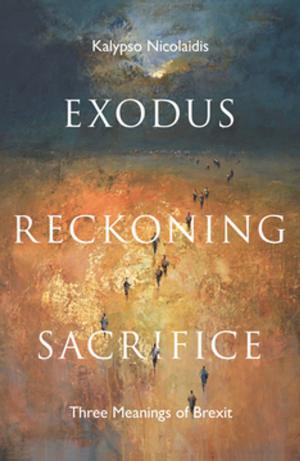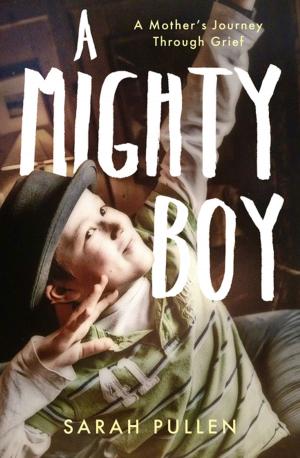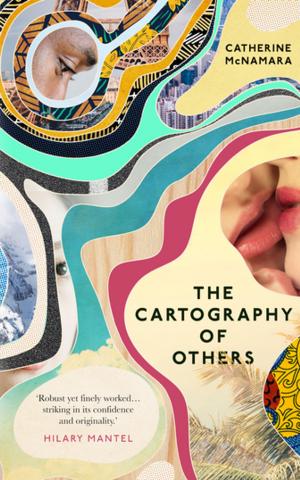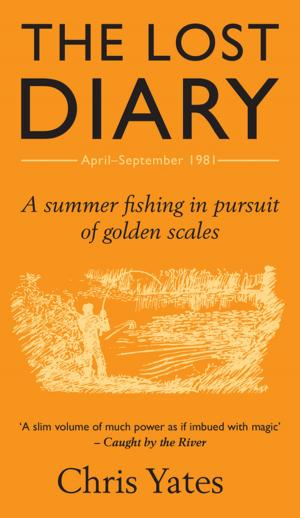The Private Life of the Diary
Fiction & Literature, Literary Theory & Criticism, Books & Reading, Biography & Memoir| Author: | Sally Bayley | ISBN: | 9781783522231 |
| Publisher: | Unbound | Publication: | April 21, 2016 |
| Imprint: | Unbound | Language: | English |
| Author: | Sally Bayley |
| ISBN: | 9781783522231 |
| Publisher: | Unbound |
| Publication: | April 21, 2016 |
| Imprint: | Unbound |
| Language: | English |
Diaries keep secrets, harbouring our fantasies and fictional histories. They are substitute boyfriends, girlfriends, spouses and friends. But in this age of social media, the role of the diary as a private confidante has been replaced by a culture of public self-disclosure.
The Private Life of the Diary: from Pepys to Tweets is an elegantly-told story of the evolution – and perhaps death – of the diary. It traces its origins to seventeenth-century naval administrator, Samuel Pepys, and continues to twentieth-century diarist Virginia Woolf, who recorded everything from her personal confessions about her irritation with her servants to her memories of Armistice Day and the solar eclipse of 1927.
Sally Bayley explores how diaries can sometimes record our lives as we live them, but that we often indulge our fondness for self-dramatization, like the teenaged Sylvia Plath who proclaimed herself 'The Girl Who Would be God'.
This book is an examination of the importance of writing and self-reflection as a means of forging identity. It mourns the loss of the diary as an acutely private form of writing. And it champions it as a conduit to self-discovery, allowing us to ask ourselves the question: Who or What am I in relation to the world?
Diaries keep secrets, harbouring our fantasies and fictional histories. They are substitute boyfriends, girlfriends, spouses and friends. But in this age of social media, the role of the diary as a private confidante has been replaced by a culture of public self-disclosure.
The Private Life of the Diary: from Pepys to Tweets is an elegantly-told story of the evolution – and perhaps death – of the diary. It traces its origins to seventeenth-century naval administrator, Samuel Pepys, and continues to twentieth-century diarist Virginia Woolf, who recorded everything from her personal confessions about her irritation with her servants to her memories of Armistice Day and the solar eclipse of 1927.
Sally Bayley explores how diaries can sometimes record our lives as we live them, but that we often indulge our fondness for self-dramatization, like the teenaged Sylvia Plath who proclaimed herself 'The Girl Who Would be God'.
This book is an examination of the importance of writing and self-reflection as a means of forging identity. It mourns the loss of the diary as an acutely private form of writing. And it champions it as a conduit to self-discovery, allowing us to ask ourselves the question: Who or What am I in relation to the world?















